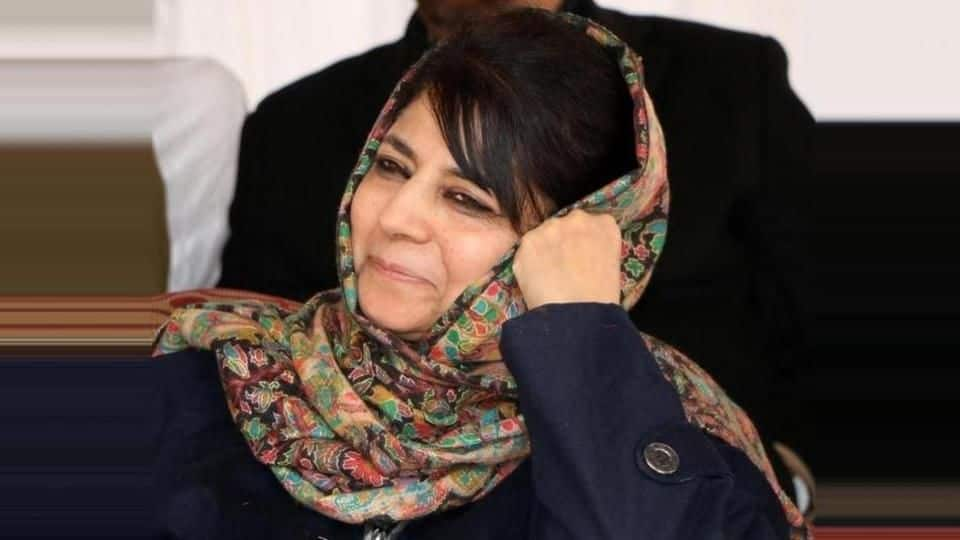
J&K govt to SC: 'Hindus are not a minority'
What's the story
In an affidavit filed with the Supreme Court, the Jammu & Kashmir (J&K) government has conveyed that the state doesn't acknowledge Hindus as a "minority."
The government stated that it goes by the national list on minorities formulated by the Center which does not mention Hindus.
It added that Hindus are hence exempt from welfare schemes intended for minority communities.
Here's more about it.
Petition
What has happened in the case so far?
The affidavit was filed in response to a petition filed by Jammu-based lawyer, Ankur Sharma.
Among other things, the petition asks SC to direct the J&K government to set up a state-level minority commission.
In response to the petition, the SC had earlier set up a committee to look into minorities' problems in J&K.
The next hearing is scheduled for January 2018.
Data
Hindus in Jammu & Kashmir
J&K is the only Muslim-majority state in India. According to the 2011 census, Hindus account for 28.43% of the state's total population. Muslims, on the other hand, amount to 68.31% of the overall population which stands at 12.5 million.
J&K's submission
J&K: Welfare schemes are meant for the 'needy'
The state submitted that welfare schemes are intended for "needy" and "meritorious" persons belonging to minority communities notified by the Center.
Hence, it thereby suggested that Hindus aren't and won't be eligible for benefits under welfare schemes for religious minorities.
"In case the notified minority is the majority in a state, the benefits are to be earmarked to other notified minorities," it added.
Do you know?
Who are the minorities in India?
As per the central government notification issued in 1993, Muslims, Christians, Sikhs, Zoroastrians and Buddhists are classified as religious minorities. The Jain community was added to the list in 2016.
Details
J&K: 'Will examine the need for a minority commission'
The state government argued that the National Commission for Minorities Act (1993) does not govern how central government's welfare schemes should be implemented.
It also conveyed that it will consider the "need and feasibility" of establishing a state-level minorities commission.
However, it argued that it was not bound to do so since the law is applicable to "the whole of India except J&K."